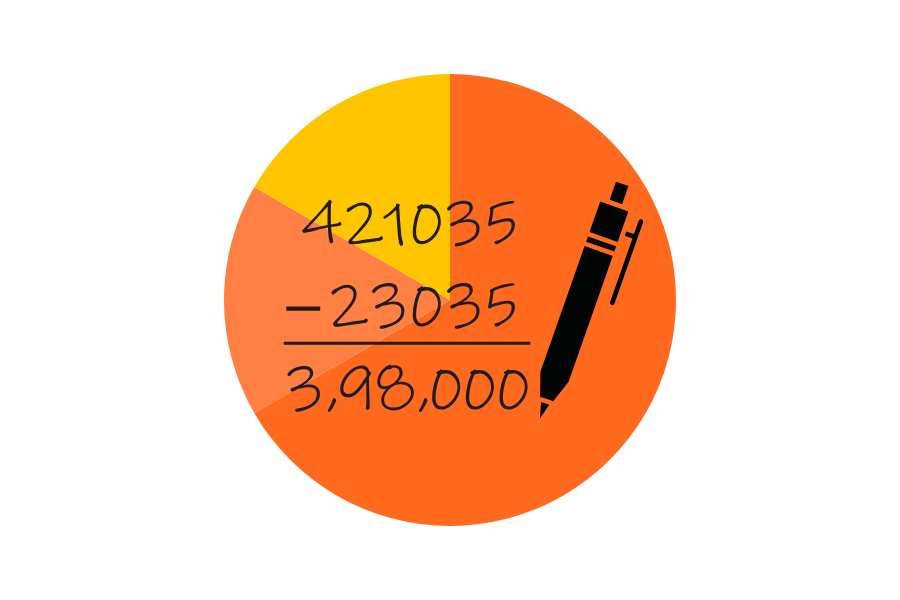Singapore GST Registration Guide for Foreign Businesses
Expanding your business to Singapore and wondering about Goods and Services Tax (GST)? Look no further! This comprehensive guide will walk you through the essentials of GST registration for foreign businesses in Singapore.
Our aim is to simplify the process, help you understand your obligations, and ensure your compliance with Singapore’s GST regulations.
What is GST and How is It Calculated?
GST, or Goods and Services Tax, is akin to the Value-Added Tax (VAT) and is levied on most goods, services, and imported items in Singapore. Starting from January 1, 2024, the prevailing GST rate is 9% for taxable goods and services provided by GST-registered businesses.
When to Charge GST in Singapore?
Foreign businesses providing services to consumers in Singapore have specific GST obligations. The Overseas Vendor Registration (OVR) regime mandates the charging of GST on digital services since January 1, 2020. Additionally, non-digital services and low-value goods will also fall under the purview of GST, beginning January 1, 2023.
Do I need to register for GST?
- Compulsory Registration (Retrospective Basis):
- If global turnover exceeds S$1 million annually
- If supply of low-value goods and digital services to non-GST registered customers in Singapore exceeds S$100,000 annually.
- Compulsory Registration (Prospective Basis):
- If you anticipate exceeding S$1 million in global turnover for the next 12 months
- If you expect to supply over S$100,000 worth of low-value goods and digital services to non-GST registered customers in Singapore over the next 12 months.
Voluntary Registration: Foreign businesses not obligated to register can opt for voluntary GST registration if they plan to make taxable supplies in Singapore.
You can find more details on the IRAS webpage under “Do I need to register for GST.”
How to register for GST in Singapore
Step 1: Determine the Type of GST Registration Before you begin, identify whether you need to apply for compulsory or voluntary GST registration based on your business activities.
Step 2: Complete the e-Learning Course For a better understanding of the GST regime, it’s highly recommended that you complete the e-Learning course, “Overview of GST.” This course covers GST treatment, filing processes, compliance tips, and taxpayer obligations. In the case of voluntary GST registration, individuals responsible for GST returns preparation should complete this course and pass the quiz. However, exceptions apply:
- If the company director, sole-proprietor, partner, or trustee has experience managing other GST-registered businesses.
- If the person preparing your GST returns is an Accredited Tax Adviser (ATA) or Accredited Tax Practitioner (ATP).
- If your business is applying for registration under the Overseas Vendor Simplified Pay-only Registration Regime.
Step 3: Submit Your GST Registration Application All GST registration applications and necessary supporting documents must be submitted online via mytax.iras.gov.sg. Please note:
- Ensure you have authorised access to the GST registration digital service through Corppass.
- Prepare the required supporting documents in soft copy before starting the application process.
- If applying for voluntary GST registration, sign up for GIRO for GST payment and refund. Mail the original GIRO application form to 55 Newton Road Singapore 307987 after submitting your GST registration application online.
Step 4: Processing of GST Registration Application The IRAS aims to process 60% of applications within 10 working days and the remaining within 30 days. Some applications may undergo an audit review, which involves a thorough assessment of your business operations and liability to register. Additional information and supporting documents may be requested, and a guarantee may be required for incomplete or insufficient applications.
Processing of GIRO Forms If you’ve submitted a GIRO application form, it will be sent to your bank for approval, a process that may take up to 3 weeks. Approved applicants are usually directly notified by their banks.
Step 5: Receive Notification of Effective Date of Registration Upon successful GST registration, you will receive a letter at your registered address, including:
- Your GST registration number (to be used on invoices, credit notes, and receipts).
- The effective date of your GST registration (the date from which you must charge and collect GST on taxable supplies).
You can also view this notification letter by logging in to mytax.iras.gov.sg under “Notices/Letters.” An SMS or email notification will be sent if you’ve provided a local mobile number or email address.
For compulsory registrations, the effective date may be backdated if you apply late, based on your liability date. Voluntary registrations are typically processed within 2 weeks from the approval date, without backdating for input tax claims.
GST Payment and Reporting
Once registered, you’ll file simplified GST returns, reporting the value of digital services supplied and GST collected quarterly. Payments should be made within a month from the end of each accounting period, which occurs every three months.
Penalties for Non-Compliance
Failure to pay GST on time may result in penalties. A 5% penalty is applied if payment is overdue, and an additional 2% is added for each subsequent month, up to a maximum of 50% of the outstanding tax, after 60 days.
Summary
Understanding and complying with Singapore’s GST regulations is vital for foreign businesses looking to operate in this dynamic market. Correctly registering for GST is a crucial step towards successful business expansion in Singapore, and with this guide, you’re well-equipped to navigate the process seamlessly.
Time is money. Let the pro team at Counto take care of your company incorporation, accounting and taxes. Speak to us directly on our chatbot, email us at [email protected], or contact us using this form.
Here are some articles you might find helpful:







